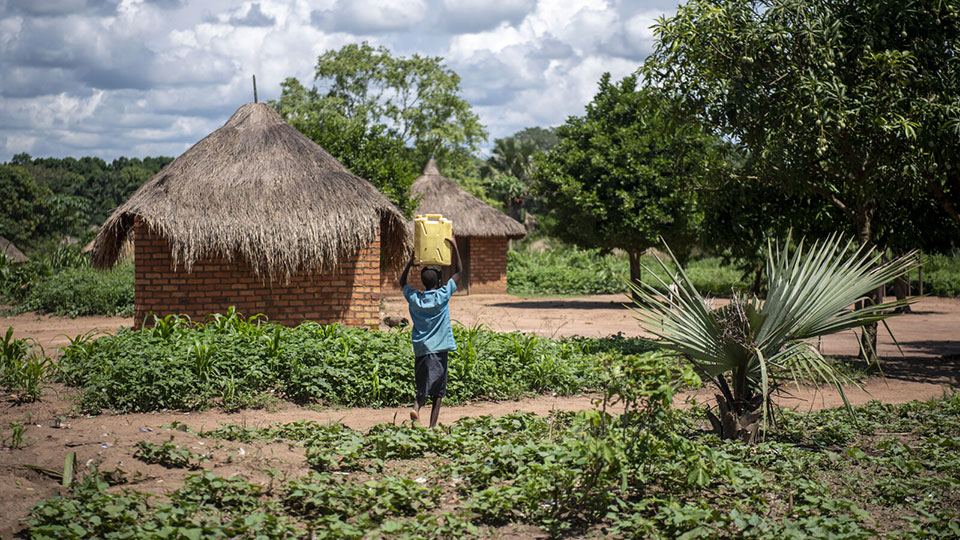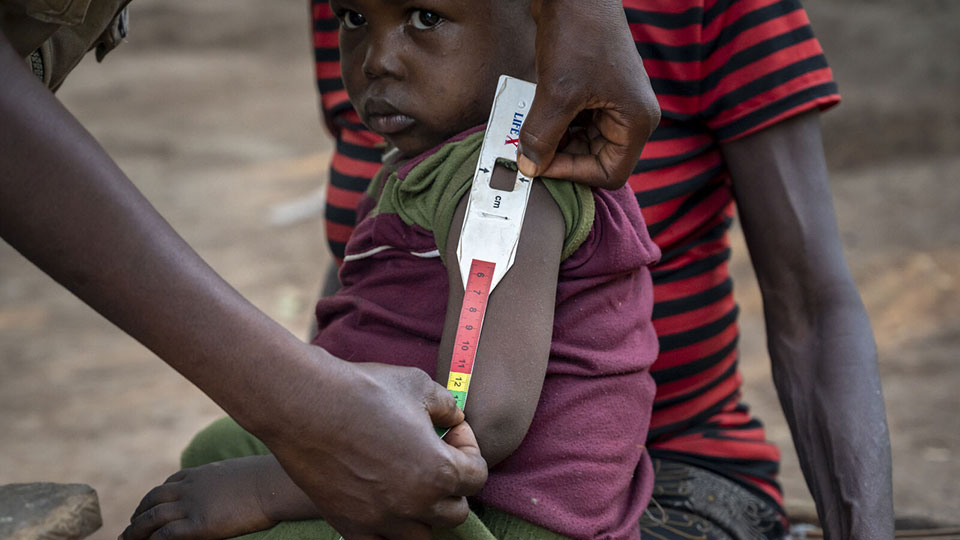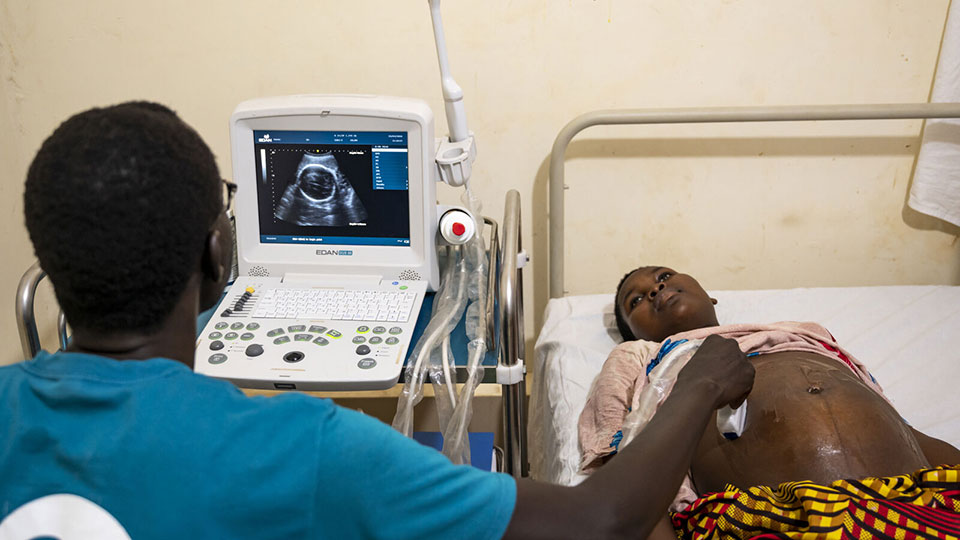A Growing Crisis in South Sudan

For more than 15 years, CMMB has been working to bring healthcare services to South Sudan. But in the world’s youngest country, progress toward better health has been painstakingly slow. Violent conflict, both within South Sudan and overflowing from neighboring countries, causes frequent instability. Just two years after gaining independence, South Sudan endured a five-year civil war that killed an estimated 400,000 people and decimated what little existed of the country’s health and social services infrastructure.
2018 brought temporary peace to this East African nation of more than 11 million people—but an undercurrent of tension remained. In recent months, tensions came to a head as the current government unraveled and fighting erupted between the military and armed militias in the country’s Upper Nile State, then expanded across the country.
The United Nations warns that South Sudan is on the brink of another civil war. The country’s already fragile health system simply cannot withstand a new era of violence and unrest.
Impact on Health
Already, we are seeing devastating health impacts from the growing crisis. Tragically, a humanitarian disaster is underway. As massive numbers of people flee violence, tens of thousands are being displaced, adding to the ongoing refugee crisis in the region. Health facilities are closing their doors, putting pressure on the few struggling to keep seeing patients.
Amid growing violence, humanitarian partners are struggling to deliver aid—especially food and nutrition supplies. With malnutrition already a widespread health crisis, these aid disruptions are devastating. An estimated 7.7 million people—more than 60% of South Sudan’s population—are expected to face acute food insecurity.
If the crisis deepens, the impact on health will only grow. Currently, South Sudan is experiencing its worst cholera outbreak ever recorded. At the end of April, more than 56,000 cases and 1,000 deaths were reported. Most of the deaths were children.
As with all conflict, the growing violence in South Sudan will negatively impact mental health and increase the threat of gender-based violence. The most vulnerable—women and children—will be the most affected. With a life expectancy of just 58 and maternal and under-five mortality rates among the highest in the world, South Sudan cannot afford to see health facilities shuttered.
Our Work Continues
The increasing violence poses significant challenges to our work. Throughout South Sudan, instances of crime, vandalism, looting, and violence against civilians are rising—posing new threats to communities already struggling to survive. In the Western Equatoria State, where we focus much of our efforts, the situation is deteriorating, as sporadic fighting is reported.
For our team, travel has become more dangerous. Staff in certain locations have been directed to work from home, and all non-essential travel to high-risk areas have been put on hold. This makes it harder for us to deliver care where it is needed most. Some CMMB-supported facilities or clinics in Yambio and Ezo counties were vandalized and are currently inaccessible—impacting some of our nutrition and HIV/AIDS programs.
As instability grows in South Sudan, our work becomes that much more essential. Since 2009, CMMB has delivered lifesaving care and hope to the people of South Sudan. At St. Theresa Mission Hospital in Nzara, CMMB-supported skilled health workers make a difference for children suffering from severe malnutrition and disease. And thanks to our CHAMPS program, more women in South Sudan give birth with help from skilled health workers.
Yet this new violence risks the progress made. In the face of unrest, the people of South Sudan have no choice but to be resilient. Likewise, our staff continues to persevere, assessing programs and innovating activities so their lifesaving work can continue despite the conflict. With your continued support, we can protect our commitment to bring lifesaving health solutions to women, children, and their communities in South Sudan.


